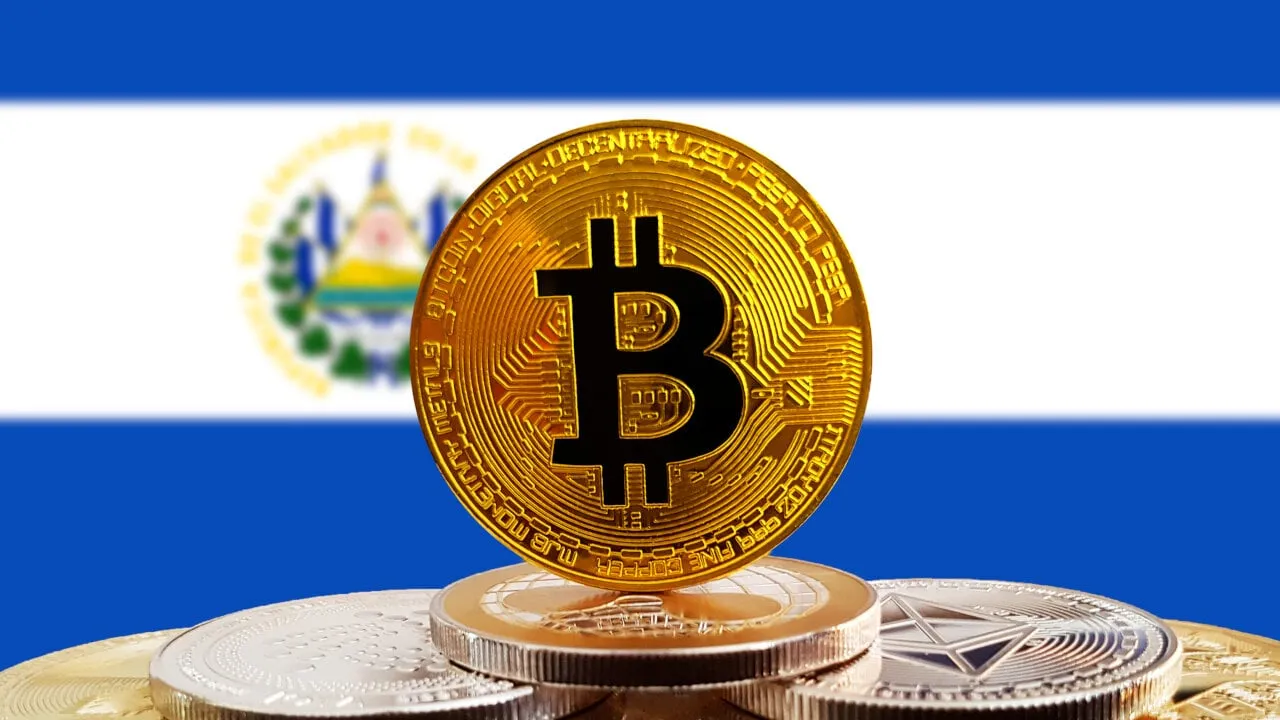El Savador’s bonds, due in 2027, have risen by over 60% since the start of the year—in parallel with a price surge for Bitcoin that’s seen the cryptocurrency rise by 80%.
A government bond represents debt that is issued by the government and sold to investors to support government spending.
Back in September 2022, credit rating company Fitch Ratings lowered El Savador’s debt rating and predicted that a debt default would take place in January 2023.
A debt default occurs when a borrower cannot repay loans they have taken, meaning that El Salvador would not have been able to pay bond holders. Not only did this not happen, but the country repaid a $800 million bond in January.
Since then the country’s bonds have soared alongside Bitcoin—though other factors are at play, with investors lauding the appointment of former IMF official Alejandro Werner as an adviser to the finance minstry.
El Salvador made Bitcoin legal tender in September 2021. Since then, the country has seen mixed results; tourism has increased, but reports indicate that not many citizens actually use the cryptocurrency.
According to Bloomberg, the country holds 2,546 Bitcoin, worth roughly $76.6 million.
Bitcoin has rallied by over 80% since the start of January, as a result of multiple factors. Recent bullish events include the Federal Reserve pausing on the latest interest rate hike and Blackrock’s application to launch a spot Bitcoin ETF.
U.S. Senators remain wary of El Salvador’s drive to adopt Bitcoin. A U.S. Foreign Relations Committee blog post from May says, “We must seek greater clarity on how the adoption of Bitcoin as legal tender may impact El Salvador’s financial and economic stability, as well as El Salvador’s capacity to effectively combat money laundering and illicit finances.”

